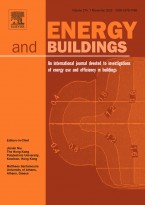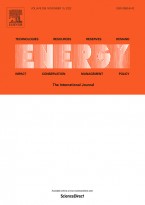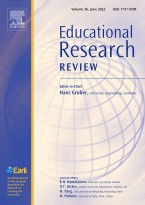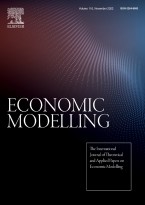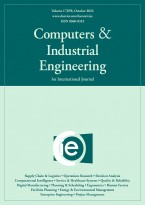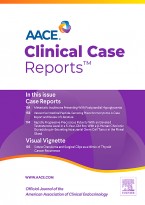
چکیده فارسی
سندرم Mayer-Rokitansky-Küster-Hauser در یک زن جوان
چکیده هدف: توصیف یک مورد آمنوره اولیه در یک زن جوان. روش کار: ما مورد یک زن 19 ساله سعودی مبتلا به دیابت نوع 1 به مدت 6 سال و کم کاری تیروئید اولیه را شرح می دهیم. او در جولای 2013 با آمنوره اولیه همراه با درد دوره ای شکم به مدت 4 سال به کلینیک غدد مراجعه کرده بود. یافتهها: بیمار ما در نهایت نادرترین شکل سندرم Mayer-Rokitansky-Küster-Hauser (MRKH) (V5b، C0، U0، A0، M0) را تشخیص داد، زیرا آترزی واژینال جدا شده با رحم طبیعی داشت. نتیجهگیری: شکایات بیمار (مانند آمنوره و غیره) باید جدی گرفته شود، زیرا معاینه، بررسیهای بعدی و تشخیص نهایی به آنها بستگی دارد. بیمار ما از این نظر منحصر به فرد بود که نادرترین نوع سندرم MRKH، با آترزی واژینال و عملکرد طبیعی رحم همراه با دیابت نوع 1 و کم کاری تیروئید را داشت. تشخیص سندرم MRKH مستلزم چالش های اخلاقی و مدیریتی است که باید با بیمار و خانواده او در میان گذاشته شود. زندگی زناشویی و باروری آینده بیمار بر اساس چنین تصمیماتی استوار است. MODY = دیابت با شروع بلوغ در جوانان. MRKH = Mayer-Rokitanski-Küster-Hauser
چکیده انگلیسی
Mayer-Rokitansky-Küster-Hauser Syndrome In A Young Woman
ABSTRACT Objective: To describe a case of primary amenorrhea in a young woman. Methods: We describe the case of a 19-year-old Saudi woman with type 1 diabetes for 6 years and primary hypothyroidism. She had presented to the endocrinology clinic in July 2013 with primary amenorrhea associated with cyclical abdominal pain for 4 years. Results: Our patient was finally diagnosed to have the rarest form of Mayer-Rokitansky-Küster-Hauser (MRKH) syndrome (V5b, C0, U0, A0, M0), as she had isolated vaginal atresia with normal uterus. Conclusion: The patient's complaints (e.g., amenorrhea, etc.) must be taken seriously, as subsequent examination, work-up, and the ultimate diagnosis depend on them. Our patient was unique in the sense that she had the rarest type of MRKH syndrome, with vaginal atresia and normally functioning uterus along with type 1 diabetes and hypothyroidism. The diagnosis of MRKH syndrome entails ethical and management challenges that should be discussed with the patient and his or her family. The patient's future marital and reproductive life is based upon such decisions. MODY = maturity-onset diabetes of the young; MRKH = Mayer-Rokitanski-Küster-Hauser
